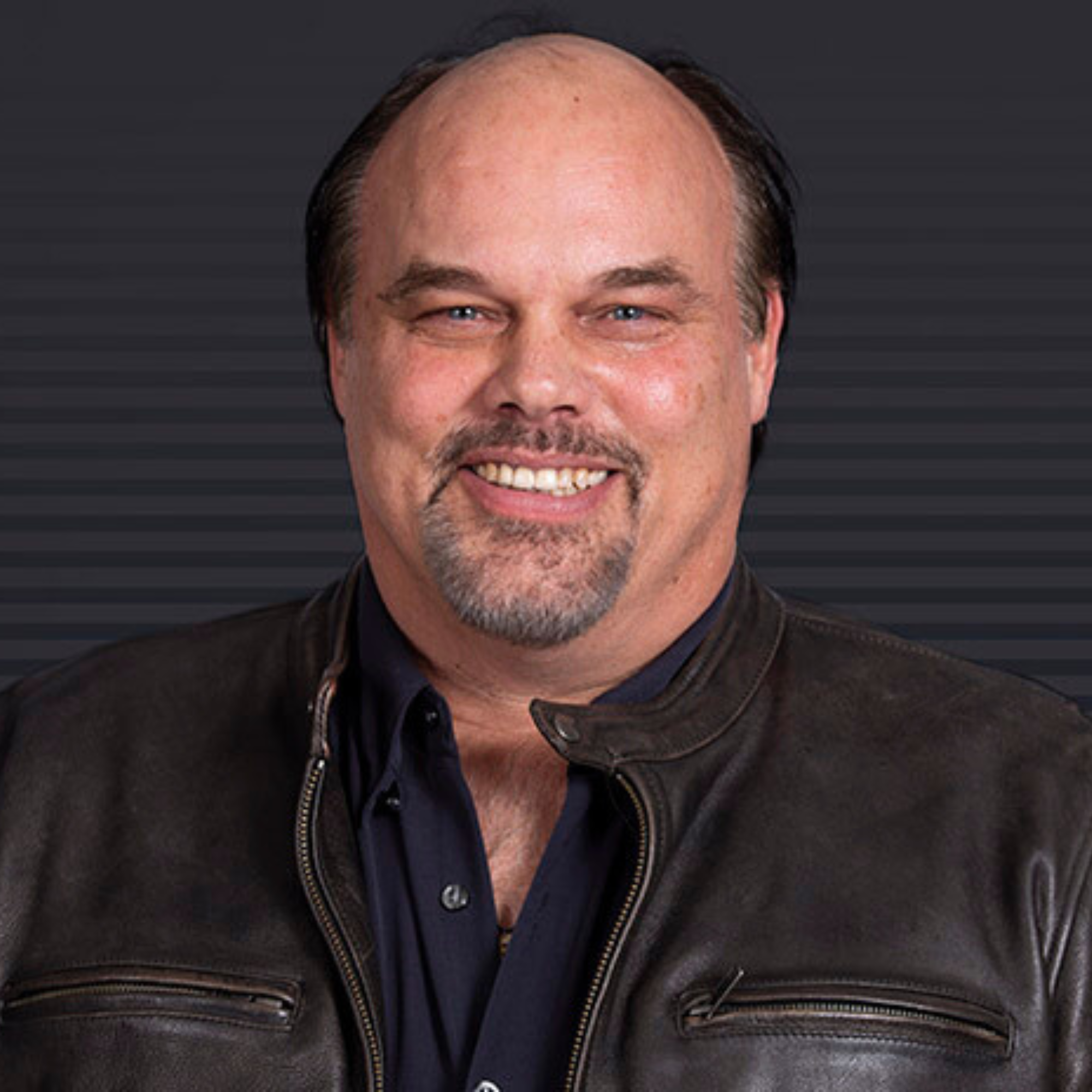We only take on 4 clients per month. Join our June cohort. 1 spot left.
Conversation
Highlights
Welcome to another episode of Category Visionaries — the show that explores GTM stories from tech’s most innovative B2B founders. In today’s episode, we’re speaking with Mars Geuze, CHO & Co-Founder of Hardt Hyperloop, a transportation system that’s raised over €36 Million in funding.
Here are the most interesting points from our conversation:
- From Student Projects to Hyperloop: Mars and his co-founders transitioned from building electric race cars to pioneering Hyperloop technology, catalyzed by Elon Musk’s Hyperloop competition.
- Open, Standardized Infrastructure: Hardt Hyperloop advocates for a network of standardized infrastructure owned by governments or private entities, enabling various operators to run their Hyperloop vehicles.
- Capacity and Feasibility: Addressing misconceptions, Mars emphasized that Hyperloop can transport up to 20,000 passengers per direction per hour, rivaling traditional rail capacity.
- Strategic Partnerships and Global Efforts: Countries like the Netherlands, Spain, India, and South Korea are actively investing in Hyperloop development, with significant public-private partnerships driving progress.
- Next Steps and Testing: Hardt is building a 420-meter test facility to demonstrate key functionalities, including lane switching, which is critical for creating an efficient and flexible transportation network.
- Long-term Vision: Mars highlighted a phased approach, with operational pilot routes expected by 2029 and widespread adoption and scaling of longer routes from 2030 onwards.
Actionable
Takeaways
Collaborate with Governments:
Public-private partnerships can significantly accelerate the development and adoption of groundbreaking technologies like Hyperloop, ensuring alignment with public infrastructure needs.
Standardization is Key:
Establishing industry-wide standards early on can facilitate smoother implementation and interoperability, attracting more stakeholders and investments.
Address Misconceptions Proactively:
Clear communication and evidence-based responses to common criticisms can build trust and support for innovative technologies.
Long-term Commitment:
Tackling complex, high-impact projects requires patience and a long-term vision. Founders should be prepared for extended timelines and incremental milestones.
Early Strategic Exits:
Even in long-term projects, early strategic exits can be planned by aligning with potential acquirers' future needs, providing liquidity opportunities within traditional investment horizons.


















